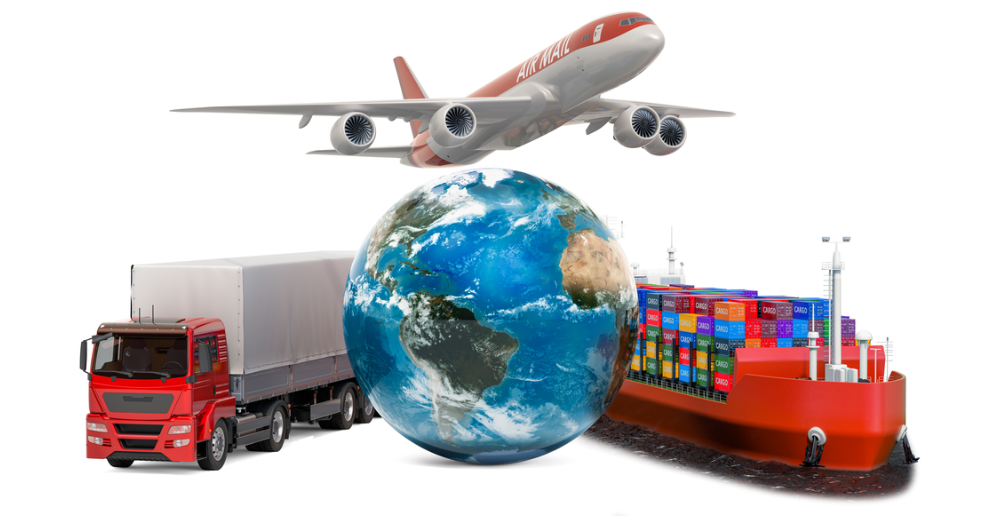
Ocean Transportation Intermediaries (OTIs)
Dec, 24, 2021Ocean Transportation Intermediaries (OTIs), also known as freight intermediaries, are companies or individuals licensed to serve as the middleman between exporters and importers, providing essential logistical services in foreign trade.
In essence, OTIs facilitate global trade by establishing platforms to expedite the transferring of cargo on behalf of exporters via hiring vessel-owning commercial carriers. In other words, these trade specialists ensure that commercialized goods will reach their final destination on behalf of shippers.
According to the Federal Maritime Commission (FMC) of the United States, among other services, OTIs are mainly responsible for:
- arranging cargo movement to its final destination
- preparing cargo manifestoes and processing customs documentation
- securing warehouse spaces for cargo shipments
- ensuring that cargoes will have enough space aboard vessels
- arranging the inland transportation of cargo through either road or rail modals
- securing the lease of containers or any other appropriate shipping modality
- negotiating exchange contracts between shippers and freight providers
- Keeping all relevant parties involved in the transaction informed of the status of the shipment.
OTIs, or freight intermediaries, can either operate as Ocean Freight Forwarders (OFFs) or as Non-Vessel-Operating Common Carriers (NVOCC). Even though each OTI category fulfills specific functions, many companies today operate simultaneously as both.
In the United States, companies or individuals operating as either OFFs or NVOCCs are required to obtain a license from the FMC. On the other hand, non-U.S.-based OTIs with operations in the country are not required to obtain a governmental license even though highly recommended by the FMC.
-
Features
Dec, 28, 2020
0
2020 at a glance: ports and terminals
-
Fish
Jul, 26, 2023
0
Success in exports, Brazilian tilapia to be exported to Cuba
-
Ports and Terminals
Apr, 28, 2022
0
TCP set a historical record for cargoes transported via railway
-
Shipping
Dec, 12, 2022
0
Container market collapse sees first ships heading for scrap



